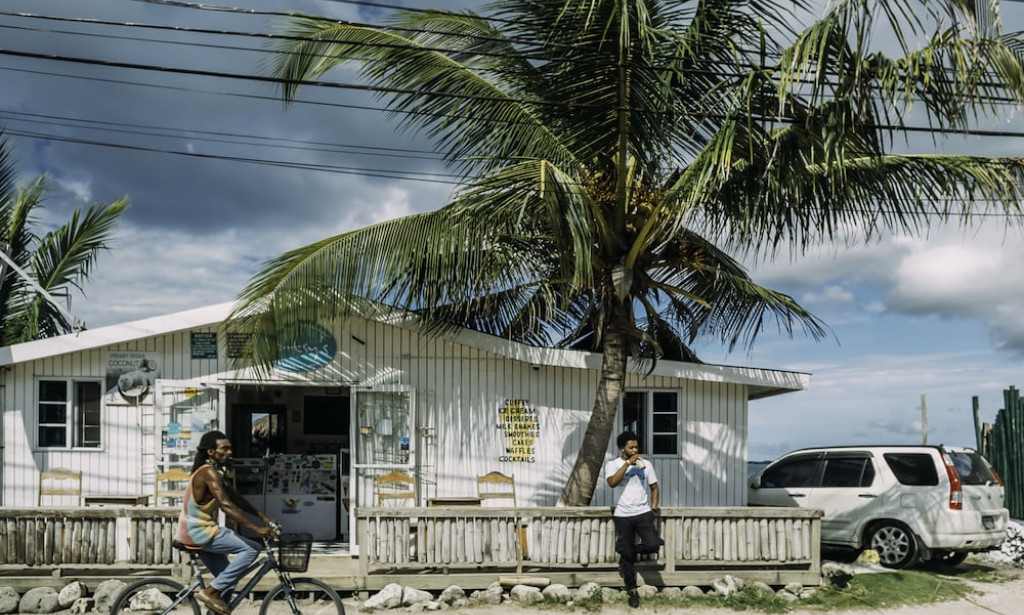Title: A Closer Look at the Jamaican Government: Progress and Challenges
Introduction:
Jamaica, renowned for its vibrant culture, breathtaking landscapes, and reggae music, is also home to a unique political system. The Jamaican government, guided by a parliamentary democracy, plays a crucial role in shaping the nation's destiny. In this article, we delve into the workings of the Jamaican government, exploring its structure, key institutions, achievements, and the challenges it faces.
Structure of Government:
The Jamaican government operates under a constitutional monarchy, with the monarch serving as the symbolic head of state. However, the executive power lies with the Prime Minister, who is the head of government. The Prime Minister is appointed by the Governor-General, who represents the Queen of Jamaica.
The Parliament of Jamaica, comprising two houses—the House of Representatives and the Senate—forms the legislative branch. The House of Representatives consists of elected members, while the Senate includes appointed and nominated members. This bicameral system ensures checks and balances in lawmaking.
Key Institutions:
The Cabinet, headed by the Prime Minister, is responsible for decision-making and policy formulation. It consists of ministers who oversee various government departments, such as finance, education, health, and tourism. Together, they work towards advancing the nation's development goals.
The judiciary, an independent branch of the government, upholds the rule of law and ensures justice for all citizens. The Court of Appeal serves as Jamaica's highest appellate court, followed by the Supreme Court and the Parish Courts. The judiciary plays a critical role in maintaining the country's legal framework.
Achievements:
Over the years, the Jamaican government has achieved significant milestones in various sectors. Economic reforms, attracting foreign investments, and diversifying industries have contributed to improved economic stability and growth. Tourism, agriculture, mining, and information technology sectors have flourished, creating employment opportunities for Jamaicans.
The government has made commendable efforts to strengthen education and healthcare systems. Investments in infrastructure development, including road networks, airports, and ports, have enhanced connectivity and facilitated trade.
Challenges:
Despite its achievements, the Jamaican government faces several challenges. One significant concern is crime and violence, particularly in urban areas. Efforts to combat these issues require comprehensive strategies, including community engagement, improved law enforcement, and social programs to address root causes.
Sustainable development and environmental protection are other critical challenges. Balancing economic growth with preserving Jamaica's unique ecosystems and natural resources is crucial for the country's long-term well-being.
Income inequality and poverty remain pressing issues. The government is working towards inclusive growth and poverty reduction through targeted social interventions, job creation, and skills development programs.
Conclusion:
The Jamaican government has played a vital role in steering the nation's progress. With its parliamentary democracy and key institutions, it has fostered stability, economic growth, and social development. Challenges persist, but the government's commitment to addressing them bodes well for the future. By leveraging its unique cultural heritage, natural beauty, and human capital, Jamaica can continue its journey toward a brighter and more prosperous future for all its citizens.


You must be logged in to post a comment.